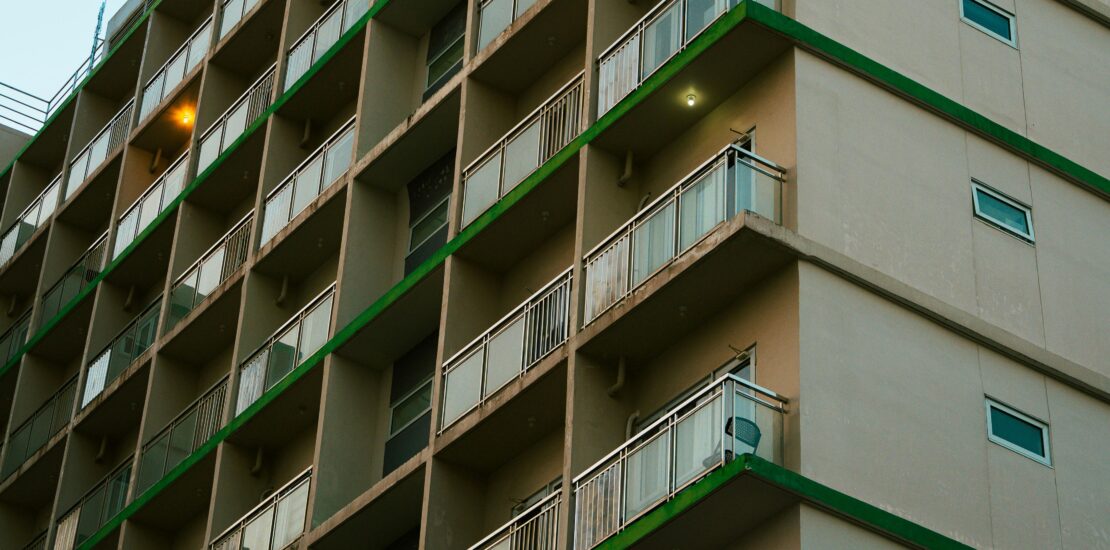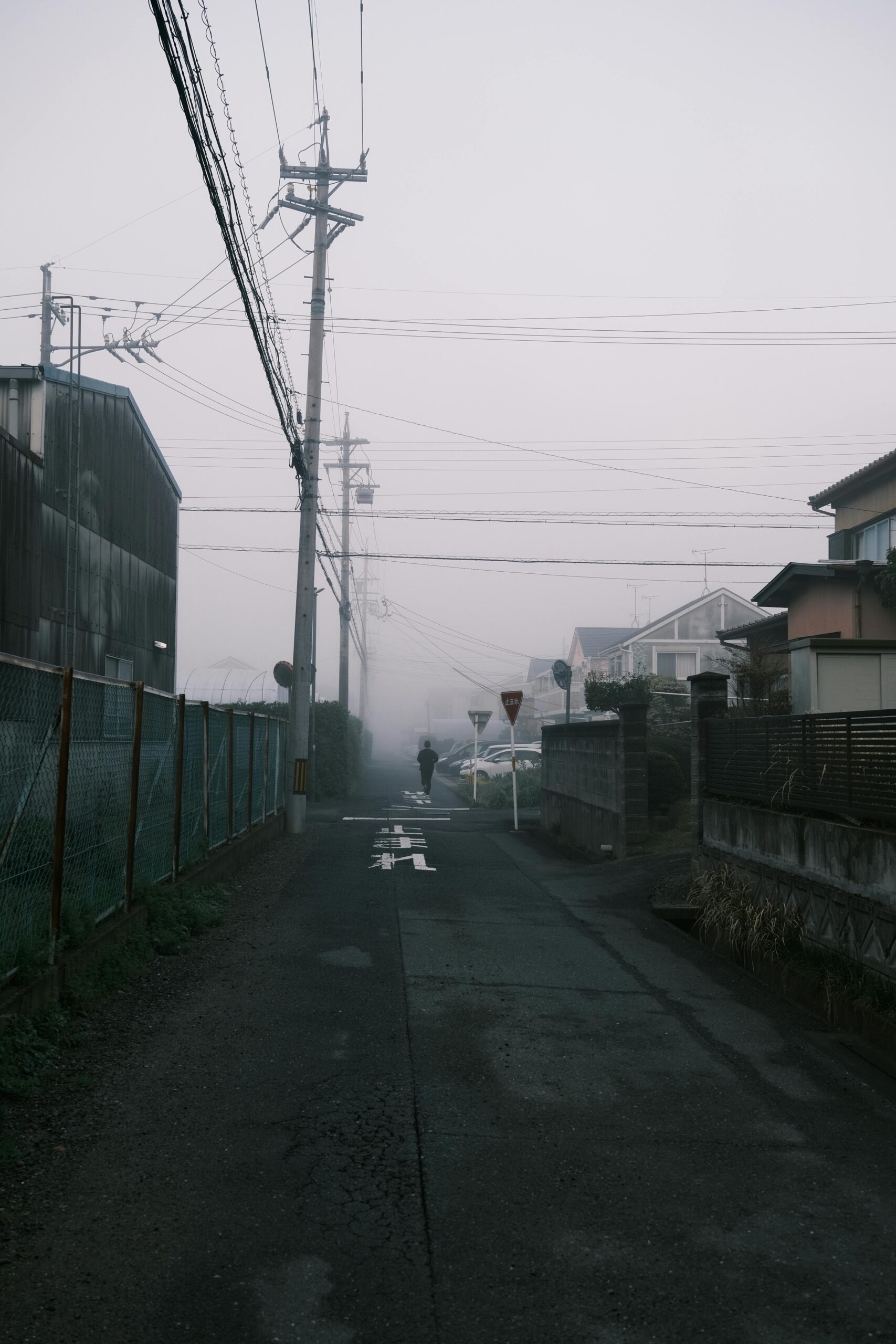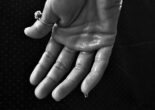Have you heard of a Jijjobukken which is famously known as haunted property in Japan? These haunted abodes offer a unique glimpse into the intersection of Japanese culture, superstition, and real estate. Let’s explore the world of Jikkobukken by examining their cultural significance, the experiences of those who dare to inhabit them, and the peculiar charm they hold.

What Are Jikkobukken?
Jikkobukken (事故物件) is translated to “incident properties.” These are homes or apartments where a significant negative event had taken place such as a murder, suicide, or accidental death. In Japan, it is considered a legal requirement for real estate agents to disclose such unfortunate histories to potential buyers or renters, thus making these properties often offered at a discounted price but less desirable due to their eerie pasts.
The law stipulates that real estate agents must inform prospective tenants if a death has occurred in the property within a certain time frame, usually within the past three years. This disclosure must be made even if the death was due to natural causes such as old age. As a result, these properties can be difficult to rent or sell, leading to significant reductions in pricing and value. However, if another person has rented the house or apartment immediately after the tragedy occurred, it will no longer be deemed as a Jikkobukken for the next tenant and it is not required to inform future residents about its grim history.
The Cultural Context
The concept of reikon (restless spirits) and yūrei (ghosts) is deeply rooted in Japanese culture. It is believed that spirits of those who died with unresolved issues before their deaths or passed in tragic circumstances may linger, causing disturbances. This superstitious belief profoundly impacts the real estate market as properties associated with death or tragedy are considered to be spiritually tainted.
Japanese folklore is filled with stories of yūrei, who are often depicted as having long black hair, white funeral clothes, and a very unnerving presence. These spirits are believed to be bound to the place where they had died, unable to move on to the afterlife due to unfinished business or strong emotions and unwillingness to move on. The presence of yūrei in a property can be deeply unsettling to those who adhere to these cultural beliefs. These spirits have different names around the world but somehow have share similarities with their presence, appearance and more.
Why The Appeal of Jikkobukken?
Despite their haunted reputations, Jikkobukken surprisingly attracts a niche market that mostly comprised of foreign residents. The primary appeal is the significantly reduced rent or purchase price, often discounted by up to 20-30%. For individuals who are less influenced by superstitions, such as foreigners or younger Japanese looking for a bargain, these properties present an opportunity to live in desirable locations at a fraction of the cost.
For some, the thrill of living in a Jikkobukken adds to its appeal. The idea of residing in a place with a dark history can be intriguing, offering a unique talking point and a sense of adventure, even a thing to boast about to colleagues and friends. Also, those with a cynical mindset or a strong interest in the paranormal might find the experience of living in a purportedly haunted house exciting rather than frightening and do so with the intention of having a paranormal experience or to be proven wrong for their skepticism.
Famous Jikkobukken in Japan
Several Jikkobukken have gained notoriety over the years, becoming part of urban legend and popular culture. Some have even inspired movies and TV shows. This article also provides information on the pros and cons of living in one. Here are a few of the most infamous:
1. The Ghost Apartment in Tokyo: This high-rise apartment building is located in the upscale district of Akasaka and is infamous for a series of mysterious and unexplained deaths. Tenants have reported seeing apparitions and shadows, hearing unexplained noises, and a bizarre feeling of sudden drops in temperature. Despite its sought-after location, the building struggles to keep tenants to stay long term due to its haunted reputation.
2. The Murder House in Kyoto: This traditional machiya house became a Jikkobukken after a frightening family murder in the 1980s. Neighbors claim to hear screams coming from the house and see ghostly figures in the windows at night. The house has remained unoccupied for years, with potential buyers dissuaded by its gory history.
3. The Cursed Mansion in Kobe: Known for its opulent design, this Western-style mansion is believed to be haunted by the spirits of its previous owners, who died under tragic circumstances. Visitors who come to see the place report feeling an oppressive atmosphere and seeing shadowy figures. Despite efforts to renovate and cleanse the property, it remains largely uninhabited.

Personal Encounters
I have personally experienced living in a haunted apartment for a year when I first arrived in Japan. Up until now, we have not been informed of the history of that apartment but throughout the time of my stay there, it was a constant struggle not to annoy our invisible housemate who was awfully angered by playing any kind of music. I was living with a roommate at the time and we both witnessed with our own eyes and experienced firsthand, doors and walls banging loudly, lights being turned off, lights flickering, weird mist in areas of the house, and soft footsteps in the middle of the night.
It got to a point where my housemate seemed more perceptive toward these things and claimed to have actually seen the entity haunting our apartment while I only heard noises and had nightmares almost every night. The worst part was when a friend of mine claimed she had experienced paranormal hauntings from our apartment that to this day, she refused to speak to me about but has instead, asked a member of our congregation to come to our apartment and check for anything weird such as a talisman, totem or any cursed objects hidden within the apartment. After this incident, I moved out and so did my housemate a year later and we have since not had any disturbing incidents in other rental properties we moved into after that.
Practical Considerations
If you’re considering moving into a Jikkobukken, here are a few tips to ensure a smooth experience:
1. Research Thoroughly: Understand the history of the property and the nature of the incidents that occurred. This will help you make an informed decision and prepare you for any potential challenges.
2. Visit the Property Multiple Times: Go at different times of the day to get a feel for the place. Pay attention to any unusual feelings or occurrences during your visits.
3. Consult with Locals: Neighbors can provide valuable insights into the property’s past and any ongoing disturbances. They might also share stories that are not disclosed by the real estate agent for fear of scaring you.
4. Be Prepared for Uninvited Guests: Some Jikkobukken are popular with urban explorers and ghost hunters. Be prepared for the occasional knock on your door from curious individuals wanting to experience the haunted property for themselves.
The Psychological Aspect
Living in a Jikkobukken can have a profound psychological impact on your mental health. Knowing that a tragic event had occurred in your place of dwelling can create a sense of unease which leads to heightened sensitivity and paranoia to normal house noises and shadows. This phenomenon, known as nocebo effect, occurs when negative expectations cause a person to experience adverse effects.
A study conducted by psychologists in Japan found that people living in stigmatized properties reported to have had higher levels of anxiety and stress. The constant awareness of the property’s history can lead to persistent disturbed sleep, paranoia, and even hallucinations. For some, the psychological toll can outweigh the financial benefits of living in a cheaper home.
As you navigate the eerie allure of Jikkobukken, remember that the true value of a home lies not just in its walls, but in the stories it holds and the peace it brings to those who dwell in it. For some, these properties are a source of fascination and adventure; for others, they are a stark reminder of life’s darker moments. Whichever camp you fall into, Jikkobukken will continue to captivate the imagination, blending the boundaries between the seen, the unseen, and the human residents.



